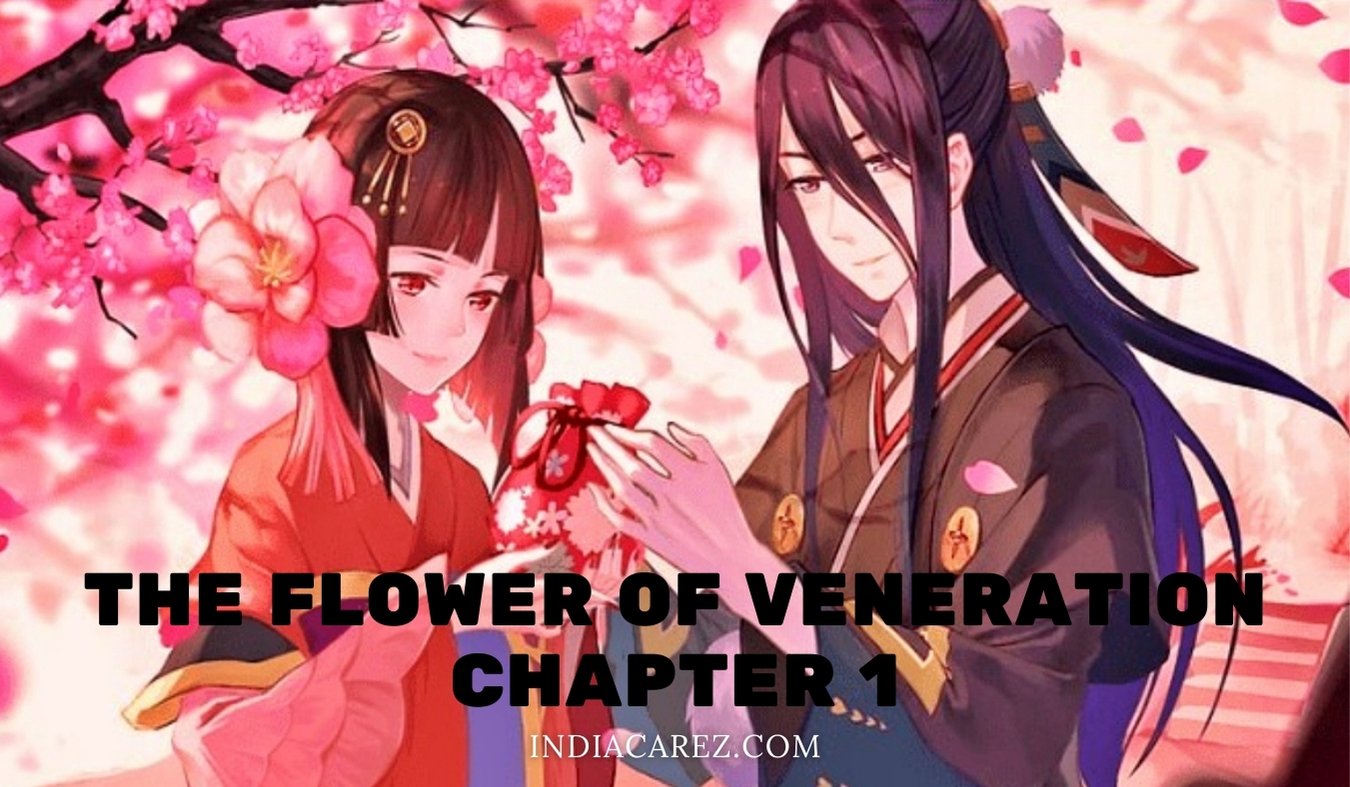What if humanity commodified human life to the extent of turning it into a product for consumption? Agustina Bazterrica’s hauntingly brilliant novel, Tender is the Flesh, dives deep into this dystopian nightmare. Exploring themes of dehumanization, societal collapse, and morality, the book carves a brutal yet gripping story that lingers long after the final page.
For book lovers, dystopian fiction enthusiasts, and literary critics alike, novels like this remind us why the dystopian genre remains profoundly relevant. Tender is the Flesh takes its place among the genre’s most unsettling works, making it a must-read for those who wish to reflect on the grim possibilities of humanity’s future.
Through this analysis, you’ll discover the novel’s impact, themes, Bazterrica’s unique storytelling style, and why Tender is the Flesh is a crucial addition to modern literature.
Author Background
Who is Agustina Bazterrica?
Agustina Bazterrica, an acclaimed Argentine author, is known for her ability to craft provocative and disturbing narratives. Born in Buenos Aires, Bazterrica has become a significant literary figure in contemporary fiction. Her works often explore the darker sides of society through a fearless lens.
Literary Career and Notable Works
She gained international recognition with Tender is the Flesh, originally published as Cadáver Exquisito in Spanish. The novel skyrocketed her career to new heights, showcasing her fearless storytelling and sharp critique of human nature. Alongside this masterpiece, Bazterrica has published short stories and essays that exhibit her ability to weave impactful tales with thought-provoking themes.
Awards and Recognitions
Bazterrica earned the 2017 Clarín Novel Prize for Tender is the Flesh, solidifying her place among influential modern authors. The novel continues to gather praise and acclaim from literary critics globally for its bold subject and execution.
Plot Summary
Setting the Stage
Tender is the Flesh envisions a world ravaged by a virus that makes all animal meat unsafe for consumption. Devastated by this outbreak, humanity turns to a grim solution—farming humans for meat. The society normalizes this horrifying reality by rebranding humans as “special meat.”
Key Plot Points
The protagonist, Marcos, manages one of these slaughterhouses after his own personal tragedy. The narrative takes readers through Marcos’s inner turmoil as he grapples with the inhumane system that he’s both trapped in and complicit in maintaining.
A turning point arises when he is gifted a female “specimen” meant for slaughter. Marcos’s choices force him—and readers—to confront chilling questions about moral boundaries, human dignity, and survival. The tension escalates to a shocking final act that leaves readers questioning humanity’s ethics.
Introduction to Main Characters
- Marcos Tejo: A conflicted slaughterhouse worker, Marcos embodies humanity’s moral decay and resistance.
- Jasmine Tejo: Marcos’s late wife, whose absence deeply affects his emotional state.
- The Female Specimen: A nameless gift, symbolizing humanity stripped of identity and agency.
Themes and Motifs
Central Themes Explored
Cannibalism and Consumption
The novel challenges readers to grapple with the normalization of cannibalism, representing humanity’s ultimate moral failure.
Dehumanization
Rebranding humans as “special meat” underscores how language and culture can rationalize atrocities.
Misogyny and Power
Women, especially the female “specimen,” are depicted as commodities, critiquing patriarchal societies that devalue women.
Key Motifs and Symbols
- Slaughterhouses represent humanity’s willingness to industrialize brutality.
- Silence underscores denial and moral decay within the novel’s characters and society.
Contemporary Resonance
The novel echoes real-world issues, from the ethical dilemmas of factory farming to global crises in morality and human rights.
Literary Style and Techniques
Bazterrica’s Writing Style
Bazterrica’s prose is razor-sharp and unrelentingly vivid. Descriptions can feel raw, yet they serve to immerse readers in this grotesque world. Her language forces reflection, crafting imagery that demands emotional and intellectual engagement.
Narrative Techniques
- Minimal Dialogue maximizes the grim tone.
- Ambiguity allows room for moral and personal interpretation.
- Splatterpunk Elements amplify the visceral horror, positioning the novel in both dystopian and splatterpunk genres.
Critical Reception
Reviews from Literary Experts
Critics have hailed Tender is the Flesh as a groundbreaking dystopian work. The Guardian called it “chilling and intriguingly thought-provoking,” while NPR praised its unflinching portrayal of societal collapse.
Reader Opinions and Ratings
With an average 4.1/5 rating on Goodreads, readers are both haunted and captivated by the novel. They frequently praise its originality but caution against its graphic content.
Awards and Nominations
The Clarín Novel Prize signaled its literary excellence, and its ongoing critical acclaim places it among modern dystopian classics.
Cultural and Social Impact
Impact on the Literary World
The novel pushed boundaries, sparking discourse on morality, ethics, and social behavior. Its bold premise has made it a touchstone for discussions about dystopian fiction.
Discussions Sparked by the Book
From questions about sustainable food practices to debates about systemic oppression, Tender is the Flesh leaves a lasting impression, challenging societal norms.
Relevance in Today’s Society
Themes of commodification and dehumanization feel especially relevant in today’s consumer-driven society. Bazterrica’s dystopia holds an unforgiving mirror to our current world.
Personal Reflections
Reader’s Perspective
Reading this novel is a harrowing and transformative experience. Its unflinching portrayal of humanity’s darker sides forces you to reevaluate ethics, society, and personal responsibility. It’s disturbing yet essential, leaving an indelible mark.
Recommendations
If you love visceral, thought-provoking dystopias, this is a novel you cannot miss. However, its graphic nature may not be suitable for more sensitive readers.
Further Reading and Resources
Suggested Books
- 1984 by George Orwell
- The Road by Cormac McCarthy
- The Handmaid’s Tale by Margaret Atwood
Related Articles and Discussions
- “The Ethics of Dystopian Fiction” by The Atlantic
- Tender is the Flesh: Author interview with Bazterrica via The New York Times.
You May Also Like: Shangri-La Frontier Novel: An In-Depth Guide
Conclusion
Tender is the Flesh is more than just a novel—it’s an experience. Bazterrica’s fearless storytelling makes it a staple of dystopian literature, offering indispensable insights into our humanity—or lack thereof.
Are you ready to question everything? Pick up your copy of Tender is the Flesh and immerse yourself in its chilling brilliance.
FAQs
What is the message of Tender is the Flesh?
The novel explores themes of dehumanization, commodification, and morality, challenging societal norms and ethics.
Is Tender is the Flesh a difficult read?
Yes, the novel is graphic and emotionally intense, meant to provoke deep reflection.
What awards has Tender is the Flesh won?
It won the Clarín Novel Prize in 2017 and has continued to receive critical acclaim internationally.
Who should read Tender is the Flesh?
Fans of dystopian fiction, literature with social commentary, and thought-provoking novels will enjoy this book.
Are there similar books like Tender is the Flesh?
Yes, novels like 1984 by George Orwell, The Road by Cormac McCarthy, and The Handmaid’s Tale by Margaret Atwood share similar dystopian themes.











